Giveaway
Giveaways are vital in shaping memorable brand experiences and events, serving as powerful tools to engage, excite, and leave a lasting impression on attendees. Particularly crucial in product launches, giveaways act as tangible extensions of a brand's identity, providing a hands-on experience that goes beyond traditional marketing methods. Distributing product samples during events allows potential customers to interact with the merchandise firsthand, fostering a direct connection that transcends the limitations of digital and traditional advertising.
In feedback collection, giveaways offer a strategic way for brands to gather valuable insights. By incentivising attendees to share their opinions and experiences, companies can gain invaluable information about their products, services, and overall event execution. This feedback loop not only aids in product refinement but also showcases a commitment to customer satisfaction, reinforcing positive brand associations.
Moreover, utilising giveaways as prizes adds an element of excitement and competition to events. Whether through contests, raffles, or interactive activities, the chance of winning a giveaway creates anticipation and enthusiasm among attendees. This not only boosts event attendance but also ensures that participants leave with a positive and memorable experience.
The significance of giveaways extends beyond the event itself; when participants leave with branded merchandise, they become ambassadors for the brand in their daily lives. Branded items serve as tangible reminders of the event, reinforcing the connection between the attendee and the brand. This, in turn, contributes to enhanced brand recall and loyalty over time.
In conclusion, giveaways are integral to creating positive brand experiences and successful events. Whether through product samples, feedback mechanisms, or enticing prizes, these giveaways contribute to a holistic event strategy that leaves a lasting and favourable impression on attendees, ultimately fostering stronger brand-consumer relationships.
Read More
14 Results

Interactive Games for Festival Activations | NIVEA SUN

Engagement Experiences for Tradeshows | AI Summit London

Smart Vending Machines for Sports Events | Kith x Wilson
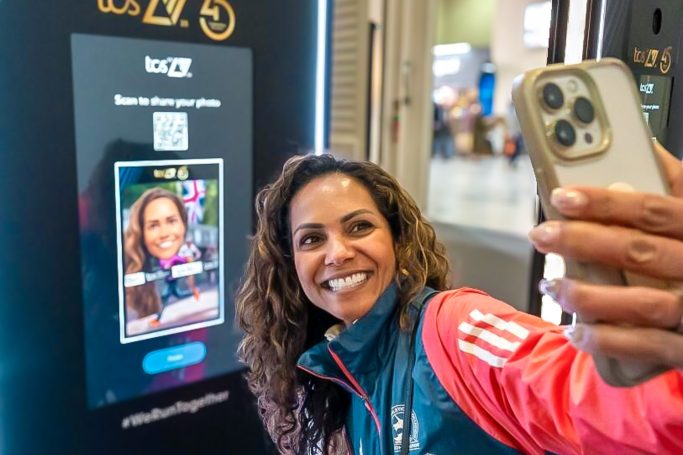
Engagement Experiences for Sports Events | London Marathon 2025

Photo Experiences, Live Event Printing and Prize Giveaways for Tradeshows | AI Summit
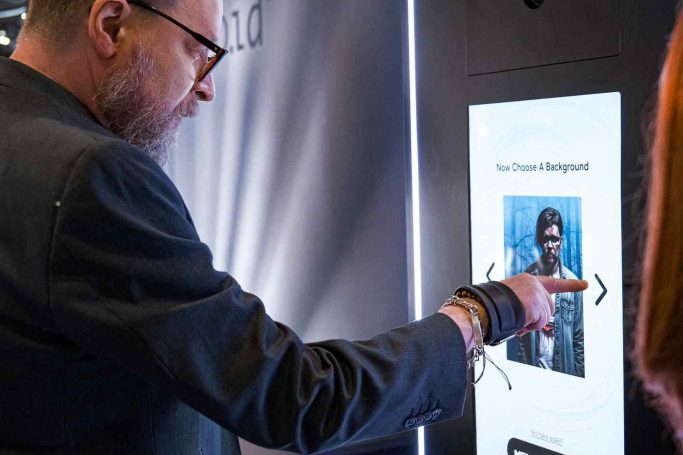
International Confex 2024
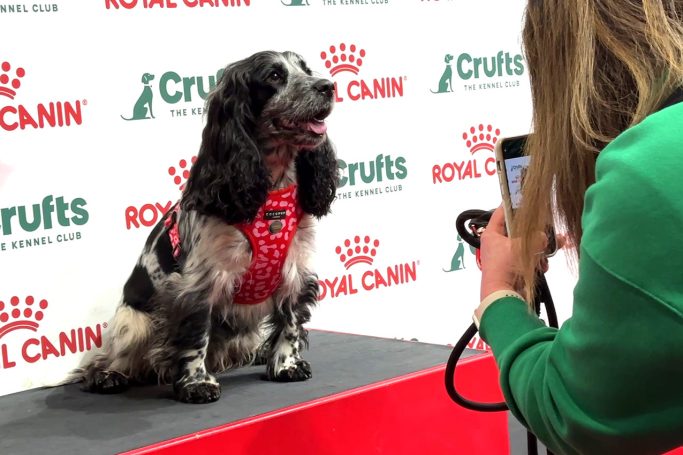
Laser Engraving Experience for Pet Expos | Crufts x Royal Canin
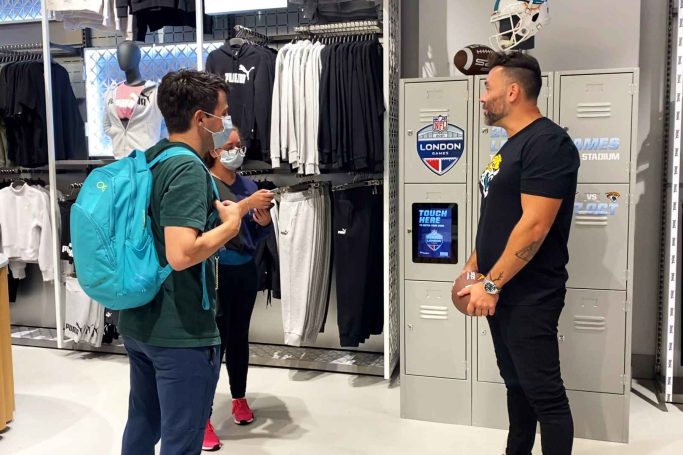
Prize Giveaways for In-Store Retail | Sports Direct x NFL
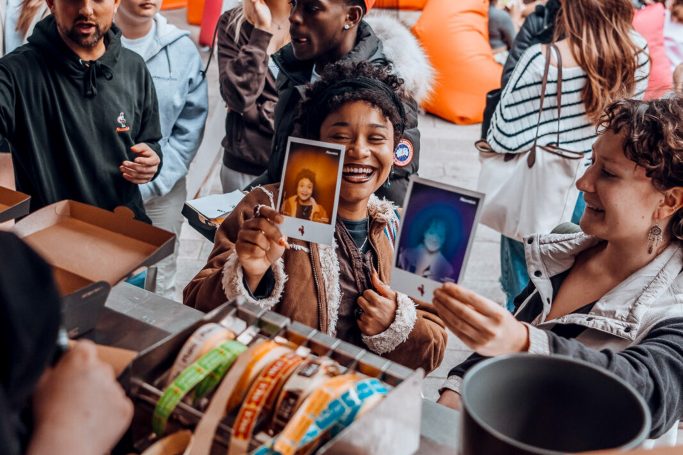
Photo Booth Experience for Student Events | Nando's
